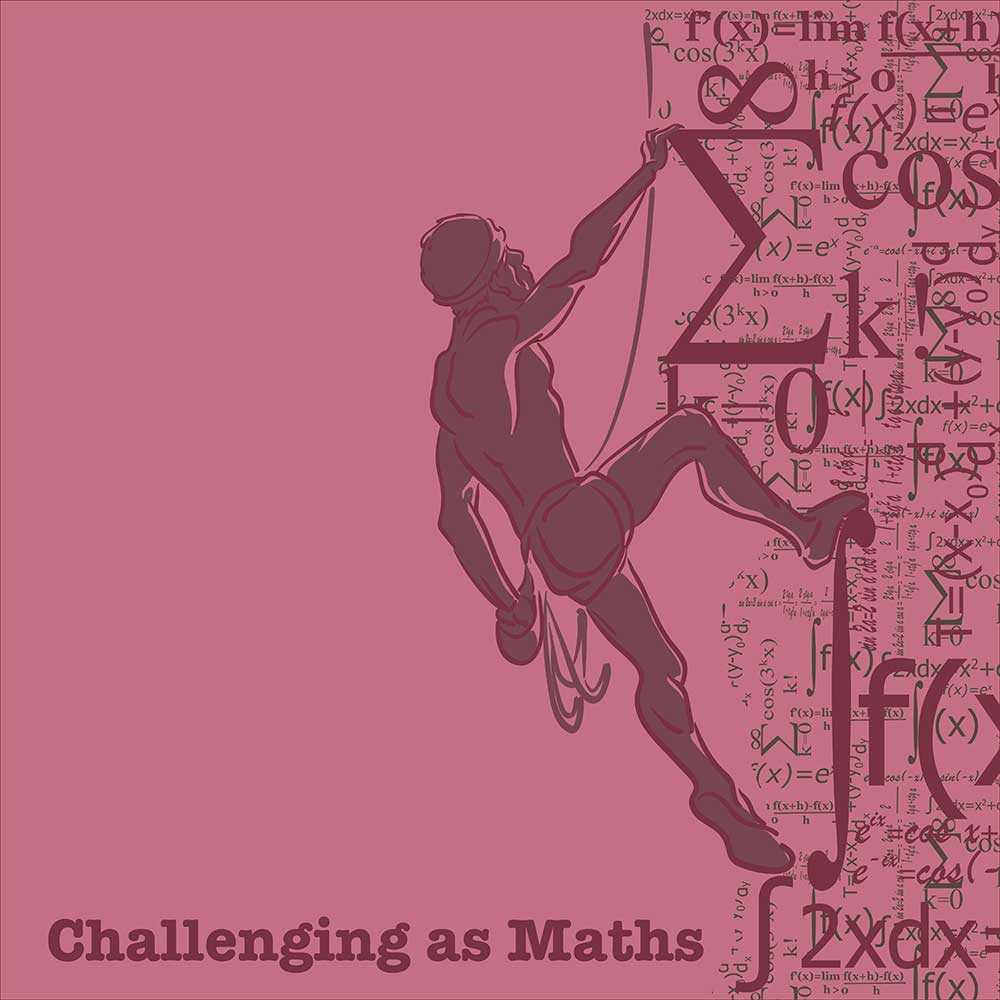Can Everyone Become A Mathematical Genius?


Image Courtesy: Shutterstock
For most part of the time that Math has been in existence, it has been believed to be a sanctuary of select few. Either you are born with mathematical genius, or you just don’t have it. But is it really so? Isn’t there any way to develop a strong mathematical aptitude over the course of time through sheer practice and hard work? This post examines the same.
You must have heard it a dozen times from people around you; in fact, chances are that you yourself must have said that math is not your cup of tea. Negative attitude towards math is quite commonplace and if you as a parent feel weak at mathematics and freely express it in front of your children, chances are high that your kids will continue your legacy. The truth is that we are using math in everyday life so often without even realizing it. Math is all about problem solving and activities like reaching your office in time everyday, or going and buying stuff at the grocery store also involves simple math. We all use math, however, the perception surrounding the tough nature of math makes it difficult for us to realize how good we can be at the subject.
Is Math a part of your genetic makeup?
You must have wondered a number of times why a formula or a theorem comes so easy to a person while other cannot even decipher a simple problem. Scientists were also baffled by this fact and therefore they conducted research to figure out if there is any particular biological answer to this. In 2011, a study by John Hopkins University revealed that young children those who had a highly developed number sense were also better at solving math problems. This led them to believe that some people are born with the ability to work with numbers. Numerous studies on Einstein’s brain have revealed that his extraordinary analytical capabilities were a result of a brain that was different from others.
More than anything it’s the fear
Most of us think of Math as a monster which cannot be won over no matter what. If you put a simple problem before a group of people you will witness an unknown fear and a desire to escape. Scientists have discovered a condition called Math Anxiety which is experienced by most of the normal people out there. Brain scans have shown that the area of the brain triggered is similar to a person who experiences physical pain. The main problem with math anxiety is that people just give up. Their mind says they can’t do it and the fear that arises means they won’t do it. Of course, Math is no monster and if it was we would not have been able to solve so many critical problems of the human existence.
However, it does suffer from an image problem. While you might see a mathematician’s job or engineering jobs as the hardest in the world, the truth is that almost every job in this world uses Math in one form or the other. For instance, you might not associate Math with nursing jobs, but nurses routinely use fractions, additions and algebraic equations to deliver the right amount of medications to their patients or monitor changes in their body vitals. However high-tech the medical facilities be, it’s necessary for a nurse to have sharp mathematical skills.
Making Math less painful
When asked what really helped them become good at math, experts generally agree to the important role of nature and nurture. Factors like environment at home and schooling have their effect on a child’s ability to succeed in the subject. People who believe that there is a miraculous mathematics gene miss the point that being good at anything, be it maths or science takes effort. Countries like China which consistently produces the best mathematicians, put special emphasis on the efforts part rather than the gene theory. According to Mike Ellicock from National Numeracy, UK, “This has been found from international researches that if parents say in front of their children that were not good at math, the performance of children immediately decreases.” Thus dropping such de-motivating statements from your conversations is the first step towards making your child a good mathematician and ready for making career in engineering.

Image Source : Shutterstock
Confidence is Key: 50 percent of being a mathematician believes that you can solve the problem. You have to overcome the brain freeze you get when you first look at the challenge.
Practice: Learning mathematics is like learning to play an instrument. You cannot expect to become adept within a day or two. You have to practice hard in order to come up with the best possible tune. It’s like learning a new language. The more you practice the better you get at it.
It’s okay to falter: Do not be disheartened when you get stuck somewhere. Professional mathematicians or experts also spend most of their career getting stuck at problems. The only difference is that they do not get discouraged and leave the challenge. Instead they look at different ways to solve the problem. The challenge is what makes it exciting. Do some lateral thinking under such situation.